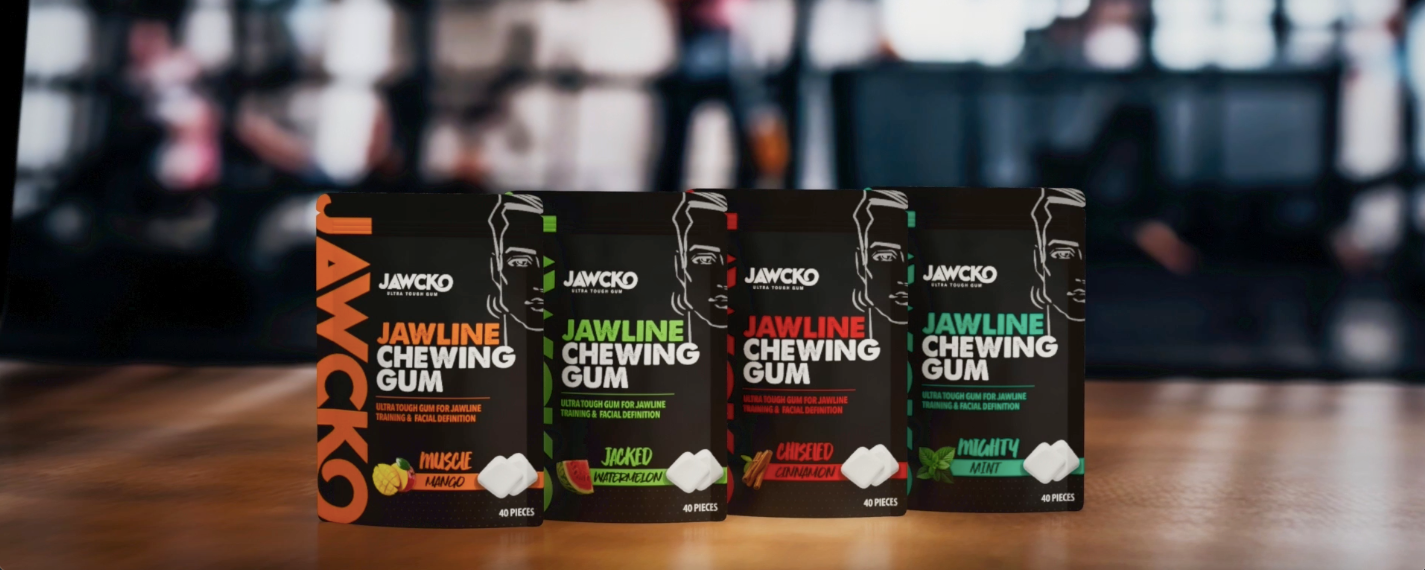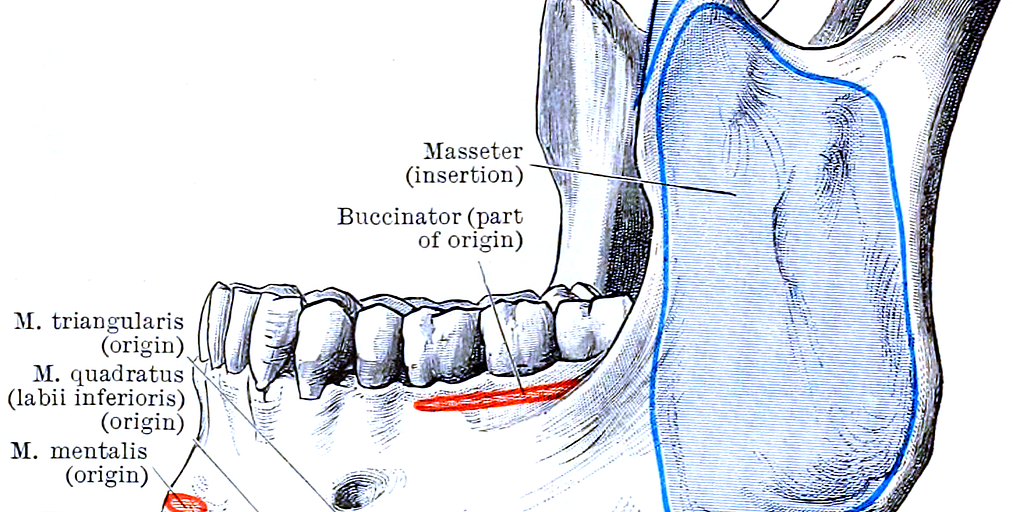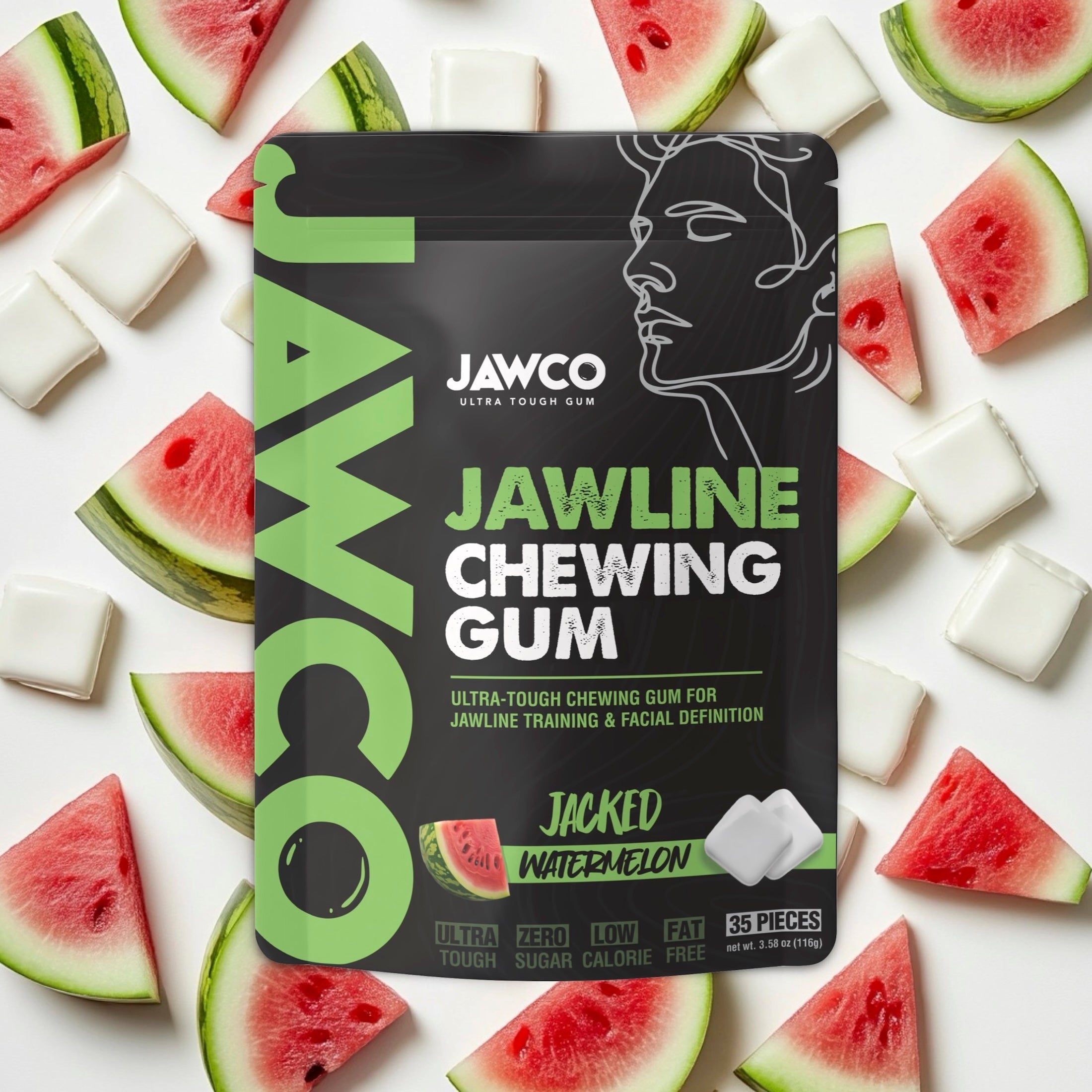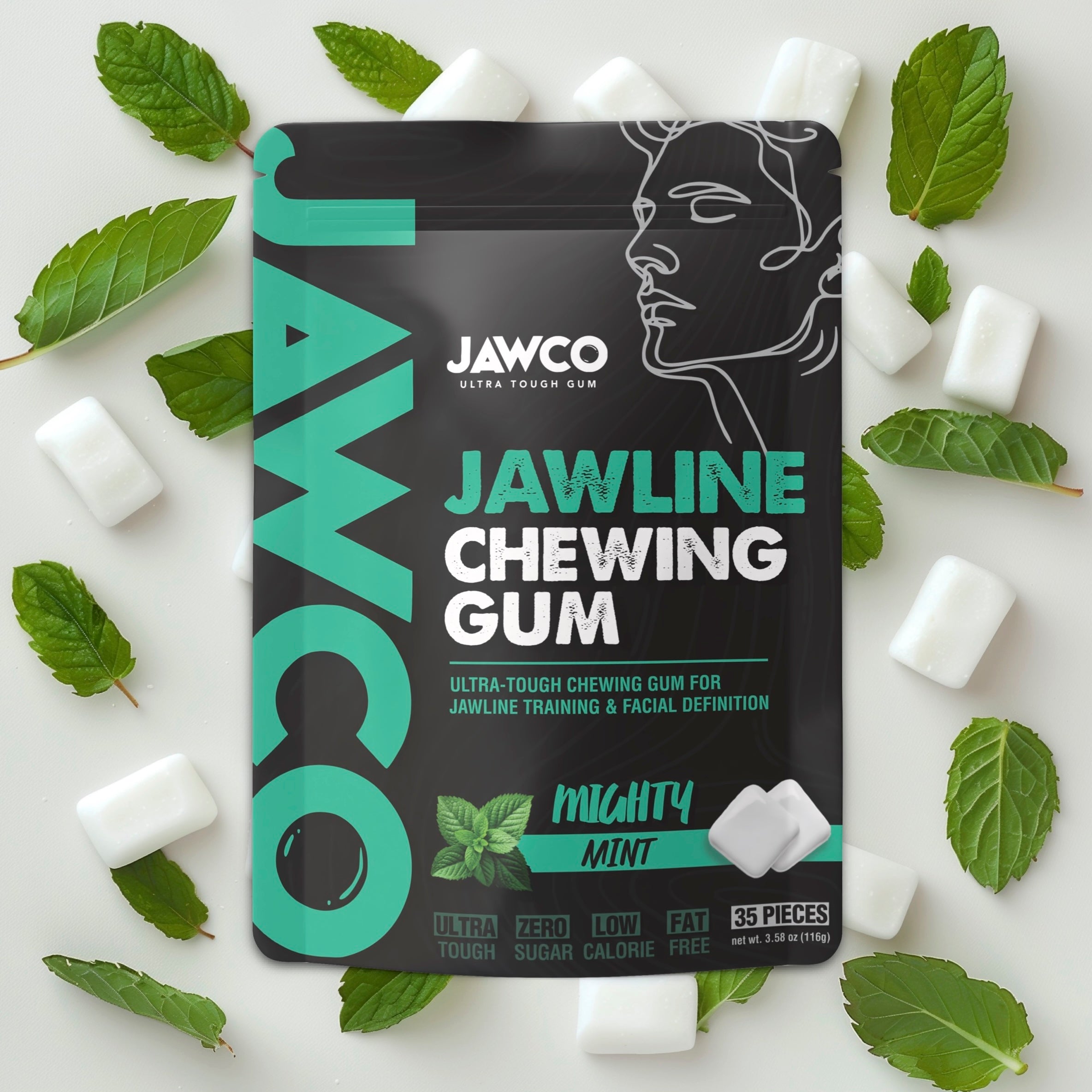
Have you ever wondered why some men have a strong, defined jawline while others may not? The answer lies in the intricate relationship between hormones and facial structure. Let's delve into the science behind how hormones can affect a man's jawline.
What role do hormones play in jawline development?
Hormones are chemical messengers in the body that regulate various functions, including bone growth and development. During puberty, the surge of testosterone in males plays a crucial role in shaping the jawline. Testosterone is responsible for promoting the growth of facial hair, deepening the voice, and enhancing muscle mass, all of which contribute to a more defined jawline.

How does testosterone impact jawline structure?
Testosterone influences the growth of the mandible, which is the lower jawbone. Higher levels of testosterone can lead to a more prominent and angular jawline. This is because testosterone stimulates the growth of the jawbone, resulting in a more masculine and chiseled appearance.
Can hormonal imbalances affect the jawline?
Imbalances in hormone levels, such as low testosterone or high estrogen, can impact jawline development. Low testosterone levels may result in a less defined jawline, while high estrogen levels can lead to a softer, rounder jawline. It's essential to maintain hormonal balance for optimal jawline aesthetics.
Are there ways to naturally enhance the jawline through hormone regulation?
While genetics play a significant role in jawline structure, there are natural ways to support hormone balance and promote a more defined jawline. Regular exercise, adequate sleep, a healthy diet, and stress management can all help maintain optimal hormone levels for a strong jawline.
Understanding the connection between hormones and the male jawline can provide insights into facial development and aesthetics. By taking care of hormonal health and overall well-being, men can enhance their jawline naturally and achieve a more sculpted appearance.














